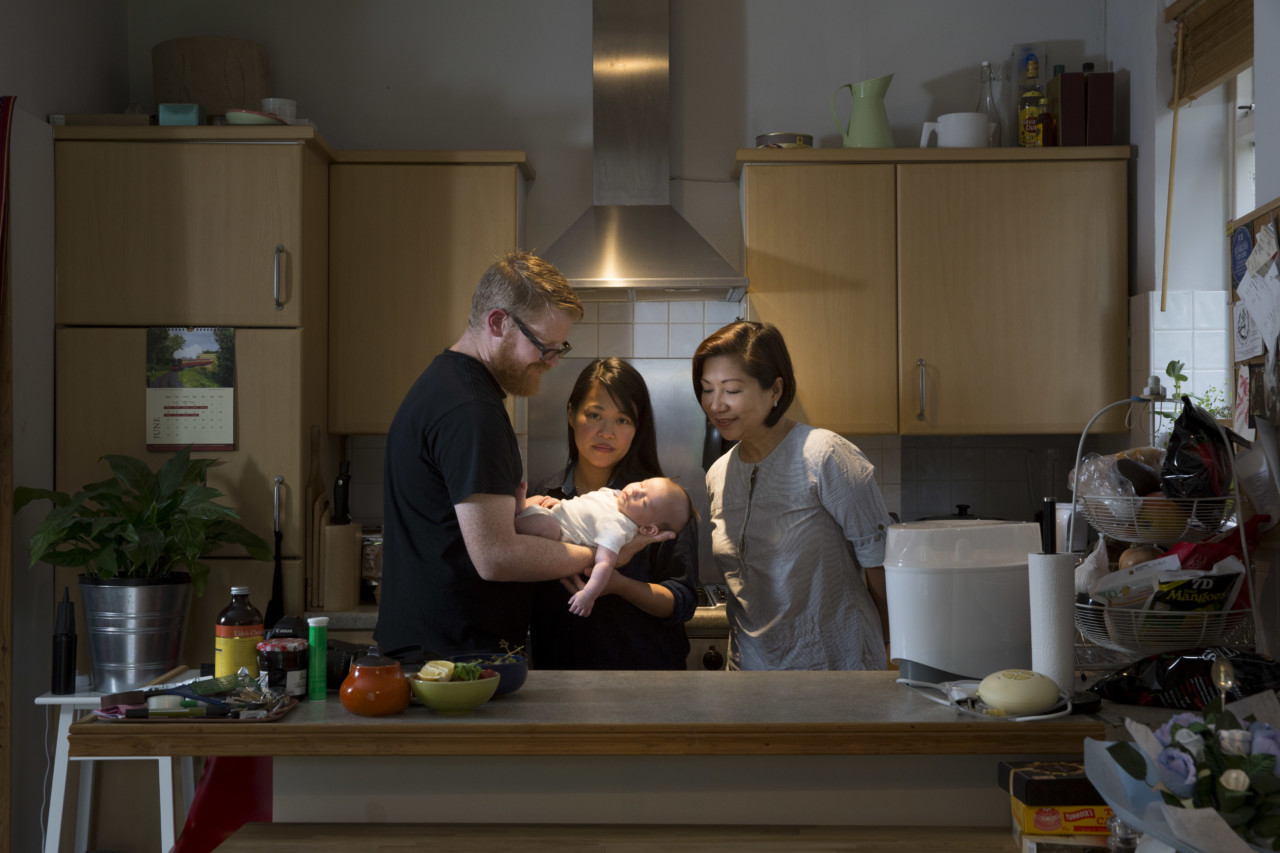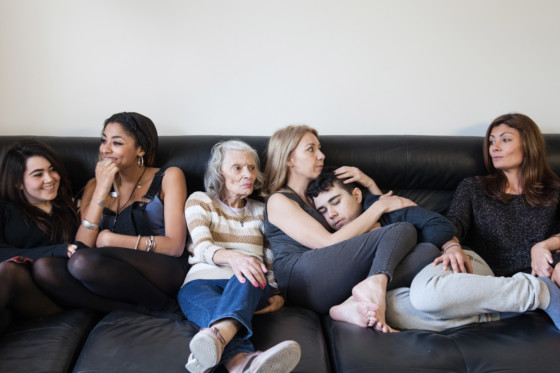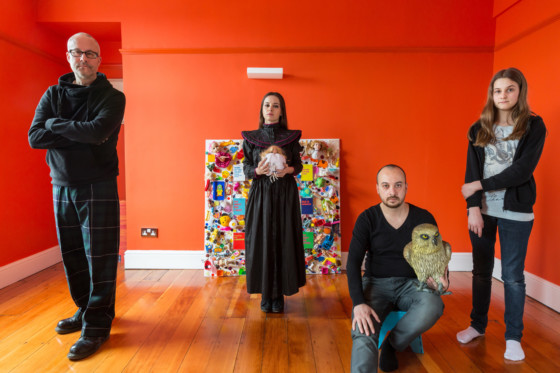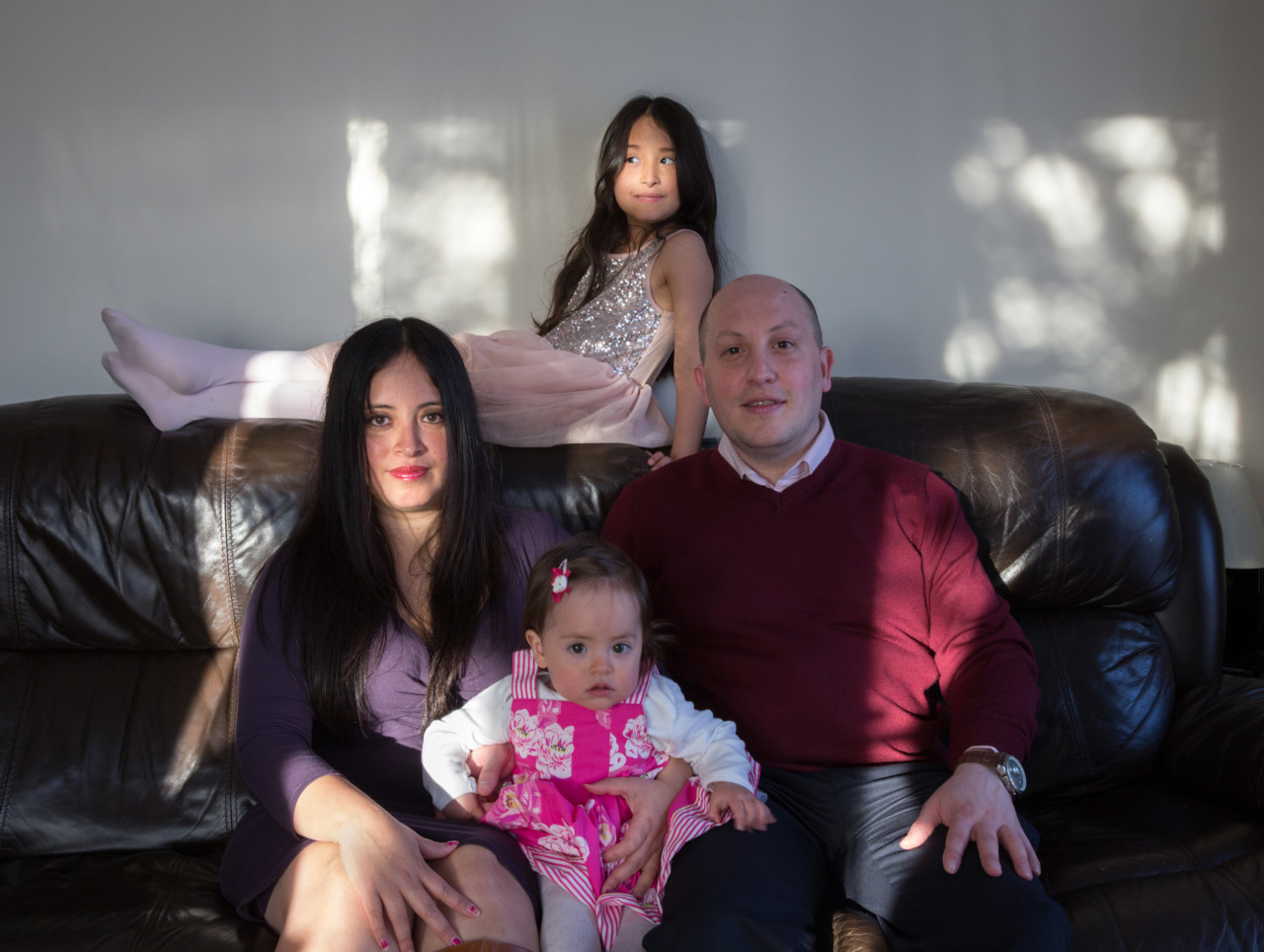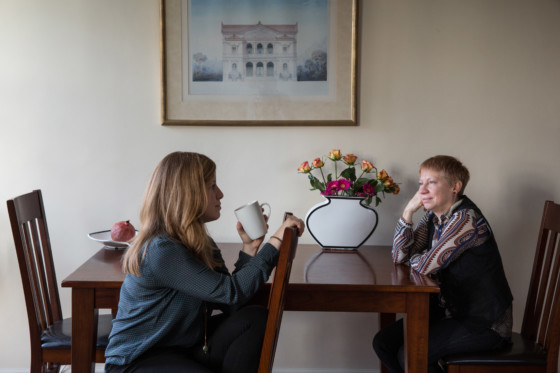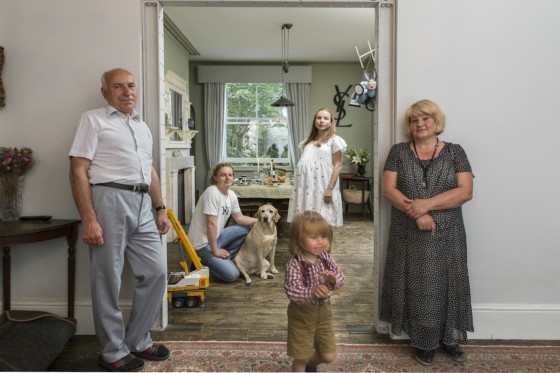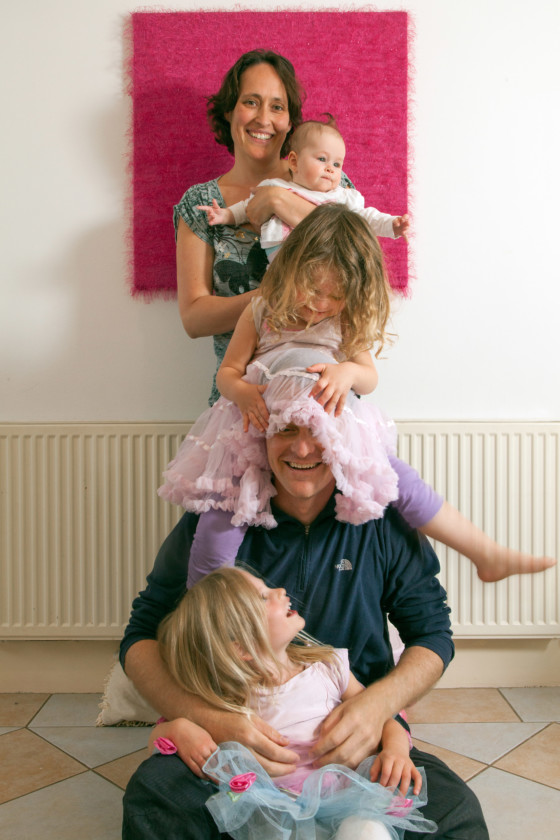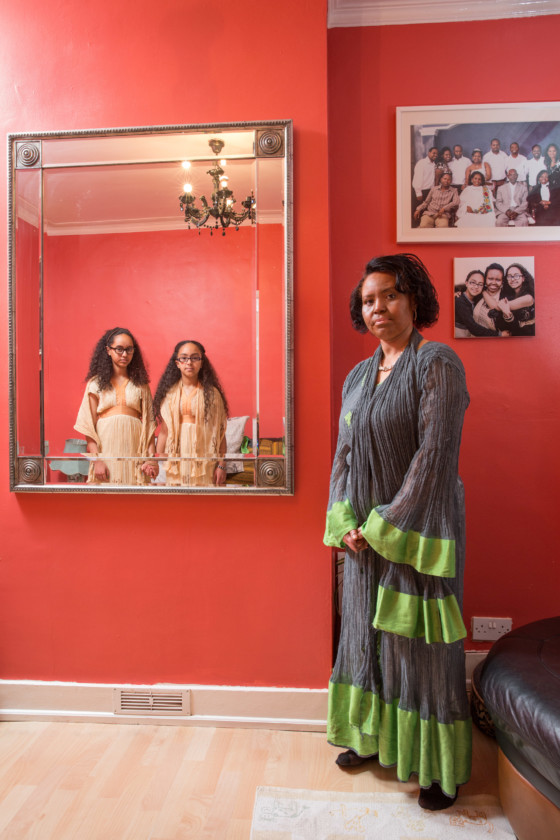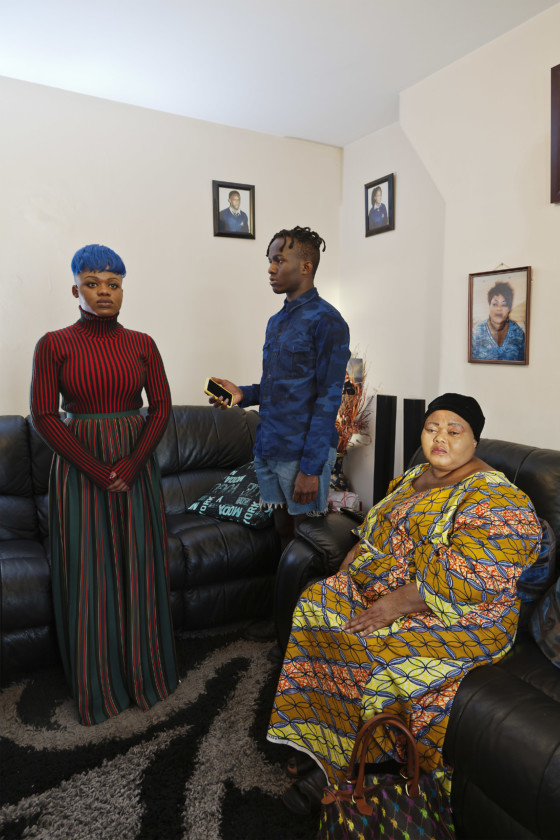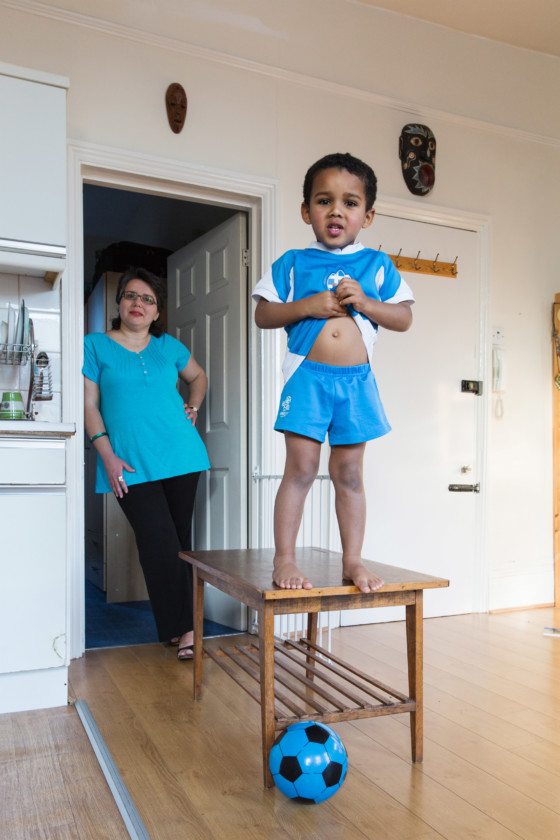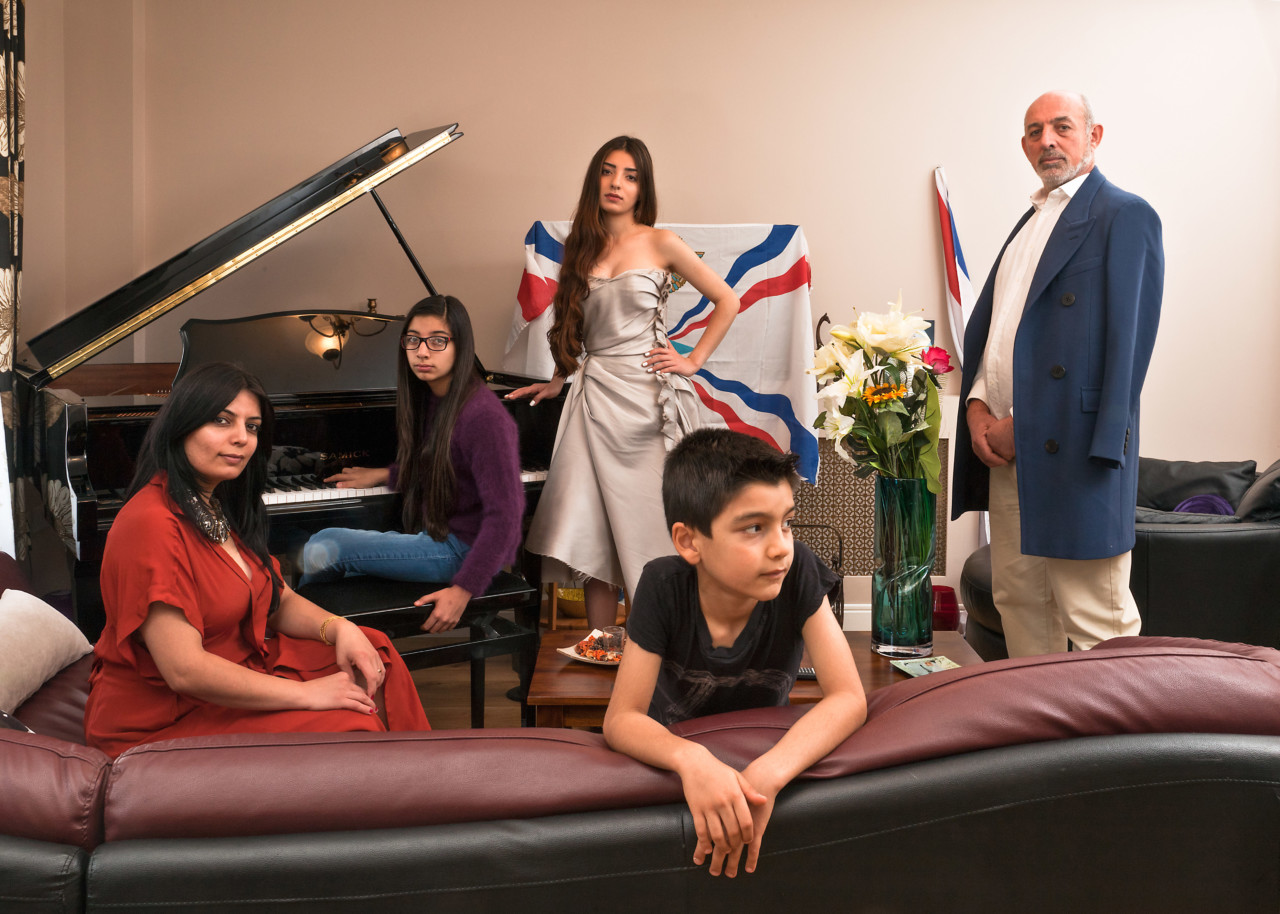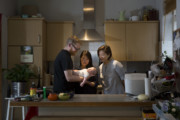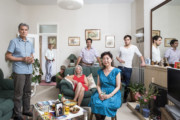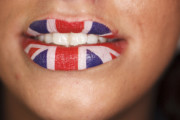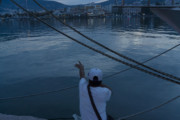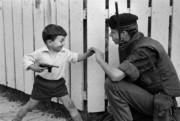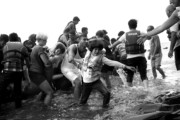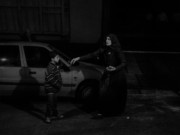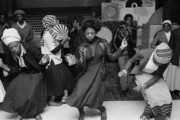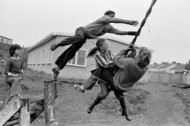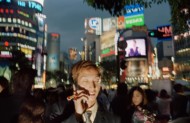The New Londoners
Chris-Steele Perkins' new book celebrating London's cultural richness gains poignancy in the light of Brexit
Originating as an exploration of individuals who have fled places of conflict, to rebuild their lives in the UK, Chris Steele-Perkins‘s The New Londoners project has over time expanded to look more broadly at all sorts of families of diverse origins who have settled in London. A book on the project is to be published on Brexit day, and documents 164 families, collectively hailing from 187 countries.
Some of the stories he heard from families, particularly those he photographed in the project’s early stages when he was focusing on people who had fled war, were harrowing: the matriarch of the Congolese family was tearful remembering the situation that led to her leaving her home country, the father of the Afghan family explained how the rise of militant Islamist rule meant his job as a satirical comedy writer was not only untenable but put his life in danger, and his wife spoke longingly of an era when women worked and wore skirts – painting a now unrecognisable picture in light of contemporary, conservative Afghanistan.
As the project widened, Steele-Perkins came across people who had moved to London from all over the world for a variety of reasons: work, study, love, curiosity. His aim with this ongoing project was to find families in London from every single country in the world.
“The whole world is here in London, and it is the most multi-cultural, most ethnic city in the world,” he says. Steele-Perkins put feelers out through various contacts, but many of the people he photographed he stumbled across by chance, for example meeting a colleague of somebody from the Marshall Islands at a Magnum book-signing event.
"The whole world is here in London, and it is the most multi-cultural, most ethnic city in the world"
- Chris Steele-Perkins
The reasons his subjects give for settling to London are as wide ranging as their countries of origins: some are asylum seekers, refugees in the fullest sense of the word, while others are business or students. “These are the kind of ordinary, decent people who are getting by and doing stuff and [represent] the exact opposite of the rhetoric that came out of the Leave the EU campaign,” says Steele-Perkins. “They are in all kinds of jobs, and in all kinds of work, and have all kinds of histories; not one of them strikes me as someone who’s just kind of sitting back and abusing benefits.”
The photographer has noticed a change in mood amongst the subjects he photographs for this project, post-referendum. None that he spoke to had experienced a hate crime – Figures released by the National Police Chiefs’ Council show that in the week following the vote to leave the EU the number of incidents rose by 58 per cent – but many worried for their future in London and many more felt a sense of personal upset – “They felt they’d given something here and suddenly they were being slapped in the face,” says Steele-Perkins.
Unlike the majority of the United Kingdom, London voted to remain part of the European Union in the 2016 referendum. Later in the summer of 2016 the city elected Muslim Pakistani-Briton Sadiq Khan as it’s major. After the Brexit result, Khan launched the #LondonIsOpen campaign, saying, “London is the best city in the world. We are entrepreneurial, international and outward looking. London is known as a city full of creativity, a place where anything is possible. The key ingredient of our city’s success has been the flow of brilliant ideas and talent from across the globe. Our city is comfortable in its diversity, proud of its history and optimistic about its future. London is open.”
“All these things that kind of go against the rhetoric of the right Brexiteers,” says Steele-Perkins, who moved to the UK from Burma aged two.“I think it’s kind of pathetic sometimes, hearing this notion of British values and things like that, as if we’ve had some kind of static system, which is unchanged and suddenly it’s been threatened by people coming in. The whole history of this Island has been people coming here due to wars, colonial movements, European movements and so on; what we’ve got now is a product of a process of continuous evolution, which will continue.”
Purchase the book, The New Londoners, published by Dewi Lewis, here.


